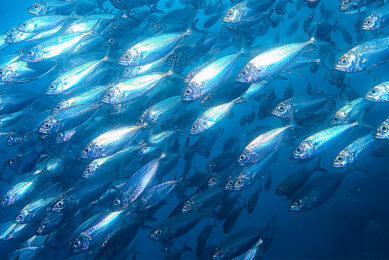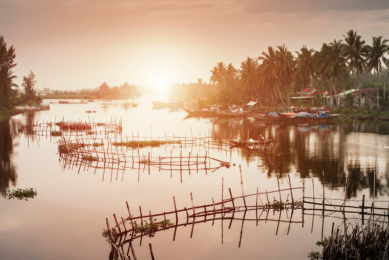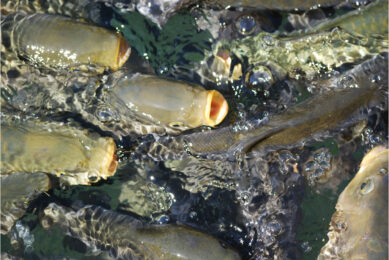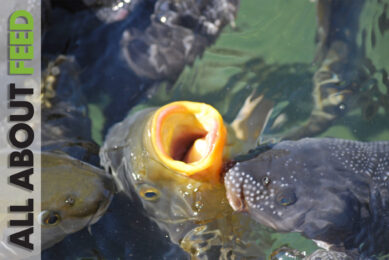Sustainable plankton approach for aquaculture
The world is full of challenges. And maybe that’s what makes it so interesting. One that continually faces my industry – aquaculture – is one of sustainability. Not just from a growers’ perspective of receiving value for production, but also the sustainability consumers, coaxed on by green fundamentalists, are demanding: environmental sustainability and the sustainability of harvesting wild fish to feed farmed fish. I’d like to suggest the two are linked to some degree.
With aquaculture already producing around half the seafood consumed, it is conceivable that the harvest of fodder species used to make fishmeal could, at some time in the future, because of demand driven fishing pressure, become unsustainable. It could also be conceivable that at some time in the future, due to changing climatic conditions, the fishery becomes unstable and/or collapses from environmental pressure
Alternative ingredients
Regardless, the aquaculture industry will have to find alternate ingredients, particularly those providing the essential amino acids in our fish diets. There would seem to be two obvious alternatives. Either utilize by-product from the human food processing industry or grow, under controlled conditions, a crop of high yielding zooplankton.One alternative is already available to us. The other, in any industrial sense, is still on numerous drawing boards around the world. Personally, I see more future in producing a crop of zooplankton that can be harvested and dried to produce a fishmeal alternative than incorporating the food processing by-product.
So, what has this got to do with linking the two sustainability’s the green movement is so insistent on? Well, the first is pretty obvious: zooplankton will take the perceived(?) pressure off the fodder fish harvest. The link is in the digestibility. Nutrients not digested are returned to the environment as waste. This places pressure on the environment: unsustainable pressure. And this is the single biggest argument against the use of human food by-products as a direct nutrient source for growing fish.
Alternatively, using the available by-products as a nutrient source for zooplankton provides the perfect answer. Human food industry by-products tend to be those bits we don’t like eating (some offal components are a good example in western countries), or those bits that don’t have a high flavour content (the more fibrous components of grains and vegetable matter), or animal components that are deemed to be indigestible (such as feathers and hair).
Zooplankton
All of these components are a rich source of nutrients that can be unlocked by various processing techniques such as fine grinding and hydrolysis. By-products that contain a large percentage of fibre and carbohydrate can be used as a source of carbon to restore the carbon to nitrogen ratio in nitrogen rich effluent thus converting it to a bacterial food source, which in turn is the perfect food for zooplankton. Similarly hydrolysed proteins could be used as a direct food source for zooplankton, which in turn provides an exceptionally good food source for hatcheries, or as a component in manufactured diets for carnivorous fish species.
Carnivorous species
And it’s the carnivorous species that are exacerbating the problem. Already, the trash fish capture industry globally is threatening to collapse as carnivorous species farming increases. It has been estimated that in excess of 19% of the world’s fishmeal production is fed to the salmon industry alone, and this is just one species in a growing list of farmed carnivorous species that are gracing the world’s dining tables.
Sustainable approach
So, if we are going to meet the demand for increasing quantities of high quality fish protein and fish oil for human consumption, we are going to have to approach the situation from a sustainable direction. And that direction appears to be one that utilizes the natural cycles that support the ecosystem itself. Accordingly, it is highly probable, if not essential, that we rapidly develop specialized plankton production systems so as to produce a sustainable supply of feed for our farms.











